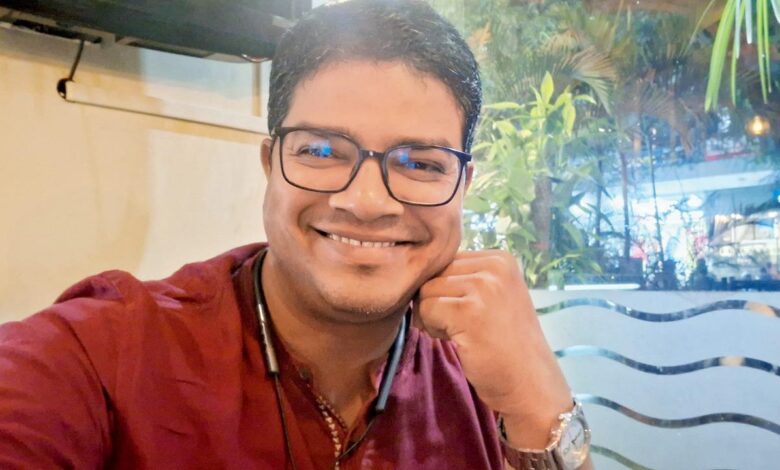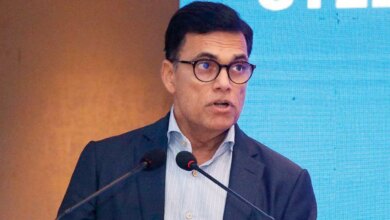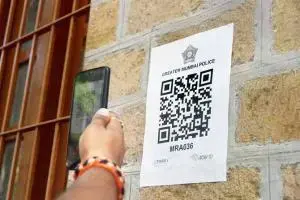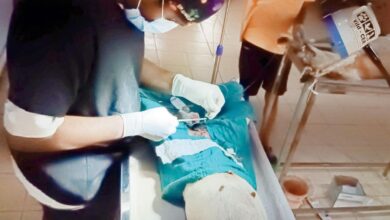After 30 years, man still searches for family he lost as a child

As a 4-year-old boy, he was lost on an unfamiliar street in Mumbai, struggling to piece together memories of his family. Found by the police, he was placed in a children’s home—confused, displaced, and questioning his very existence. Thirty years later, that same boy—now Dr Aditya Charegaonkar working as a grant manager at the Azim Premji Foundation in Bangalore—still searches for his true identity and the family he lost. As he fights the “system” that he believes can prevent children like him from becoming orphans, his battle remains deeply personal.
At the beginning of 1995, Aditya, who still remembers his family calling him `Sunny`, was separated from his grandmother. It remains one of his most vivid memories, followed by the police sending him to the Mankhurd-based Children’s Aid Society and later to Asha Sadan rescue home.
Dr Aditya Charegaonkar as a child
Moving from one institution to another, Aditya embarked on a long academic journey across Maharashtra, completing his school education from Balgram SOS Children’s Village in Pune. He was selected for graduation at the Tata Institute of Social Sciences (TISS), but due to the policies of the organisation he was part of, financial constraints prevented him from enrolling. However, driven by determination and willpower, he saved up on his own and eventually secured admission to TISS for an integrated program in social work, successfully completing his MPhil and PhD.
Between his academic pursuits, Aditya also participated in fellowship programmes focused on children, including the Gandhi Fellowship, where he worked in government schools in Rajasthan. During his workshops and programmes, Aditya realised how many young people struggle without parental guidance. This deeper understanding also exposed him to the flaws in the “system”, which he saw as a major barrier preventing children and youth from thriving in society.
Aditya told mid-day, “During my research work, I realised that no child is actually an orphan. It is the failure of our system that creates orphans, as it lacks leadership and willingness. We even have orphan reservations now, but declaring us orphans is, in itself, unconstitutional. According to the literal terms of our Constitution, every child is a ward of the state. This means there should be a proper mechanism within the system to care for us until the age of 18, instead of placing us with NGOs and institutions that turn us into a business commodity.”
At the age of 34, Aditya claims to have achieved “success” by “societal standards.” He says, “I have the best education, achievements, money, property—everything that society deems as a measure of success. And yet, I have no knowledge of my roots. Clueless, I’m doing my best to locate my family. Many years down the line, I don’t want to regret not trying to find my family or understanding my existence and roots.”
At this point, Aditya runs a social media campaign while simultaneously working to locate his family, using his own research module, which is still in progress. Discussing his plan of action, he says, “I am developing a care-living network to connect children and youth, like me, with a chain that links them to their families. As I’ve said, no child or youth is an orphan… it`s the deficiencies in our system’s machinery that make it difficult for a child to reconnect with lost family. While I work on my module, I also aim to sensitise the system. I don’t seek sympathy for being an orphan, but assistance—for myself and many others like me.”
“The search continues,” concluded Aditya, who now lives in his own flat in Bengaluru’s Sarjapura area, supported by the police and the Children Welfare Committee in his journey.
Source link





